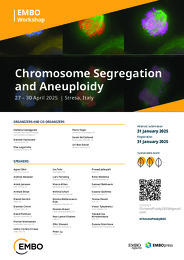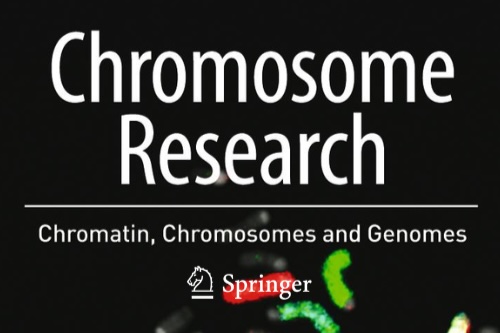About the Workshop
Aneuploidy is a hallmark of cancer and developmental disorders such as Down syndrome. Understanding how cells accomplish faithful chromosome segregation and how chromosomal instability (CIN) impacts cell physiology has thus become integral to several fields including cancer, organismal development and stem cell research.
Recent integration of cancer genomics with mechanistic cell biology approaches has uncovered unexpected new phenomena, including massive fragmentation of whole chromosomes after missegregation (chromothripsis), or induction of innate immune responses by missegregated chromosomes, highlighting the importance of scientific exchange between fields such as cancer genomics and chromosome segregation.
Over the past >25 years, the Aneuploidy and Chromosome Segregation workshop (supported by EMBO since 2010) has been one of the most impactful conferences to bring together scientists studying the biology of mitosis, cancer and developmental biology.
In the current iteration of this EMBO Workshop, we broaden our audience further, to represent new developments in the field, including computational biology and immunology.
Topics of the workshop include:
Biology of chromosome segregation (mitosis, meiosis)
CIN/aneuploidy signatures from large (cancer)-genomics datasets
CIN/aneuploidy in development and ageing
Consequences of CIN/aneuploidy, including DNA damage response and inflammation.
The main objectives of this EMBO Workshop are to bring together scientists with distinct and complementary expertise to exchange their unpublished findings, to foster new collaborations, to conceive new ideas, and last, but not least, to engage PhD students and postdocs representing the upcoming generation.
Image credits: Stefano Santaguida, PhD
About EMBO Courses and Workshops
EMBO Courses and Workshops are selected for their excellent scientific quality and timelines, provision of good networking activities for all participants and speaker gender diversity (at least 40% of speakers must be from the underrepresented gender).
Organisers are encouraged to implement measures to make the meeting environmentally more sustainable.



















